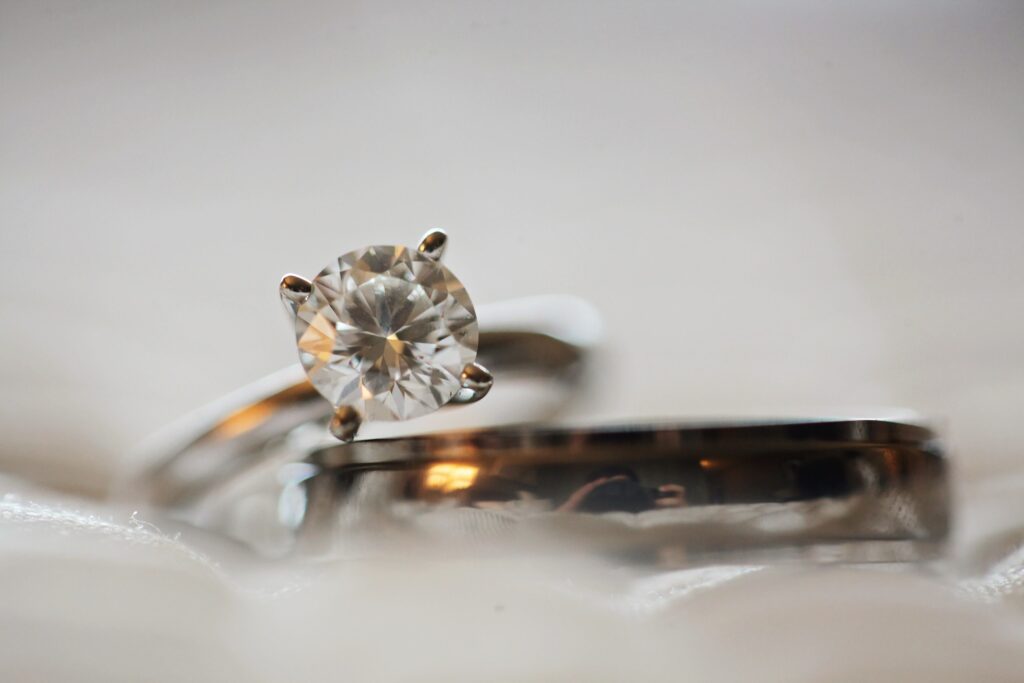Introduction
The diamond industry has long been associated with luxury and prestige, but it also has a complex and often troubling history. Two significant concepts that frequently come up in discussions about diamonds are “blood diamonds” and “lab-made diamonds.” This article delves into these two concepts, comparing their ethical implications, environmental impacts, and overall value to help you make informed decisions.
What Are Blood Diamonds?
Definition and Origin
Blood diamonds, also known as conflict diamonds, are gemstones mined in war zones and sold to finance armed conflict and violence. The term gained prominence in the late 1990s when it became clear that diamonds were being used to fund brutal civil wars, particularly in African countries such as Sierra Leone, Angola, and the Democratic Republic of Congo.
Ethical Concerns
The mining and sale of blood diamonds have been associated with severe human rights abuses, including forced labor, violence, and exploitation. These diamonds often come from regions controlled by militant groups who use the proceeds to perpetuate conflicts, making their trade highly controversial and morally problematic.
What Are Lab-Made Diamonds?
Definition and Production
Lab-made diamonds, also known as synthetic or cultured diamonds, are gemstones created in controlled laboratory environments. There are two primary methods for producing lab-made diamonds: High Pressure High Temperature (HPHT) and Chemical Vapor Deposition (CVD). Both methods replicate the natural conditions under which diamonds form, resulting in stones that are chemically and physically identical to natural diamonds.
Ethical Advantages
Lab-made diamonds offer a more ethical alternative to natural diamonds. Since they are created in a controlled environment, they do not involve the human rights abuses and environmental degradation associated with traditional diamond mining. Moreover, lab-made diamonds are traceable, allowing consumers to know exactly where their gemstones come from.
Comparative Analysis: Blood Diamonds vs. Lab-Made Diamonds
Ethical Implications
Blood Diamonds: The ethical implications are severe, as these diamonds are often linked to violence and human suffering. Efforts to address these issues include the Kimberley Process Certification Scheme, which aims to prevent the trade in conflict diamonds. However, the effectiveness of this scheme has been questioned, and it does not fully eliminate the ethical concerns associated with blood diamonds.
Lab-Made Diamonds: These diamonds are produced with transparency and ethical considerations in mind. The lack of association with conflict or exploitation makes them a preferred choice for consumers concerned about the ethical implications of their purchases.
Environmental Impact
Blood Diamonds: Traditional diamond mining can cause significant environmental damage, including deforestation, soil erosion, and pollution of water sources. The environmental footprint of mining operations is considerable, contributing to ecological degradation and habitat destruction.
Lab-Made Diamonds: The environmental impact of lab-made diamonds is relatively minimal compared to traditional mining. While the production of lab-made diamonds requires energy, advancements in technology and the use of renewable energy sources can reduce their carbon footprint. Additionally, the controlled environment of laboratories minimizes ecological disruption.
Cost and Value
Blood Diamonds: The market price of blood diamonds can be influenced by factors such as rarity and demand. However, the ethical concerns often overshadow their value, leading some consumers to seek more responsible alternatives.
Lab-Made Diamonds: Lab-made diamonds are typically less expensive than natural diamonds due to lower production costs and the absence of mining-related expenses. They offer excellent value for money while providing an ethical choice for consumers.
Conclusion
In summary, the contrast between blood diamonds and lab made diamonds highlights significant differences in ethical considerations, environmental impact, and value. Blood diamonds are associated with serious human rights abuses and environmental damage, while lab-made diamonds provide a more ethical and environmentally friendly alternative. As consumers become increasingly aware of these issues, lab-made diamonds are likely to gain further popularity as a responsible choice in the gemstone market.

